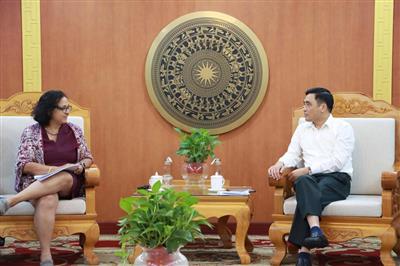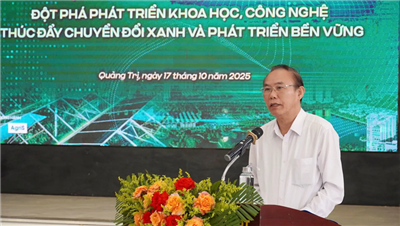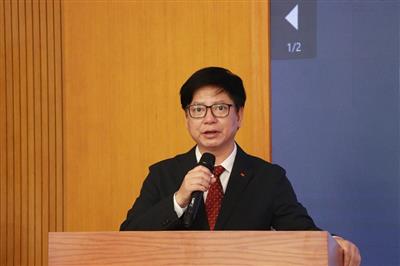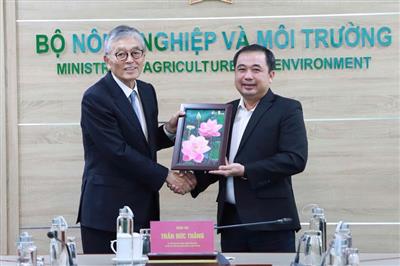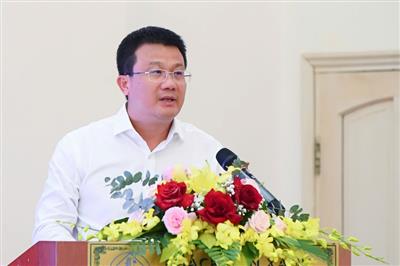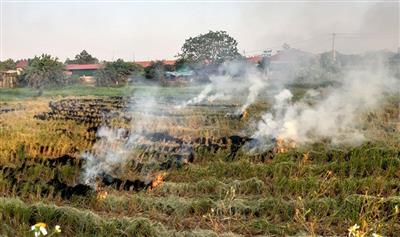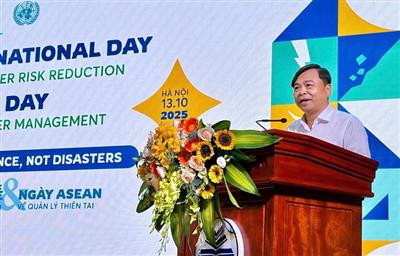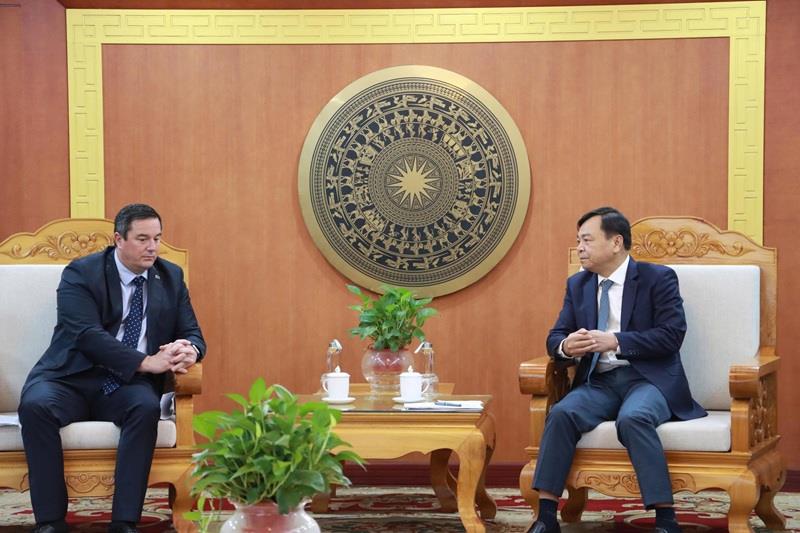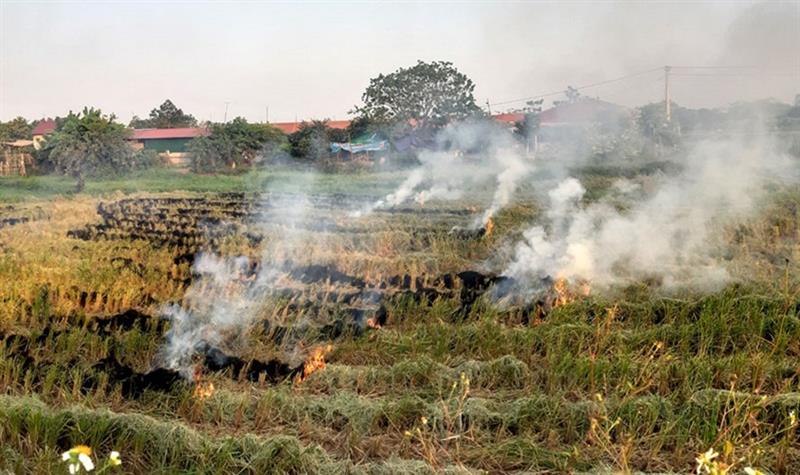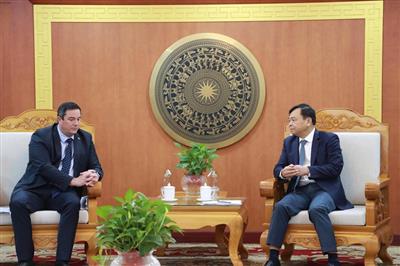
Vietnam-U.S. agricultural cooperation strengthens: Positive signals from Ohio
05/06/2025TN&MTThe working visit of Minister of Agriculture and Environment Do Duc Duy to the United States has entered an active and productive phase. On June 4 (local time), in the state of Ohio—one of the leading agricultural hubs in the U.S.—the Vietnamese delegation achieved significant initial results, particularly in agricultural trade cooperation and the shaping of policy commitments toward a fair and sustainable trade relationship between the two complementary agricultural economies.
$600 million trade agreements: A promising start
One of the key highlights of the Vietnamese delegation’s second working day in the U.S. was the Vietnam–Ohio Agricultural Business Forum, held in the state capital Columbus. The event brought together around 50 businesses from each side, demonstrating strong interest from Ohio’s major industry associations and agricultural enterprises in the Vietnamese market—an emerging regional hub for food processing and agri-consumption in Asia.
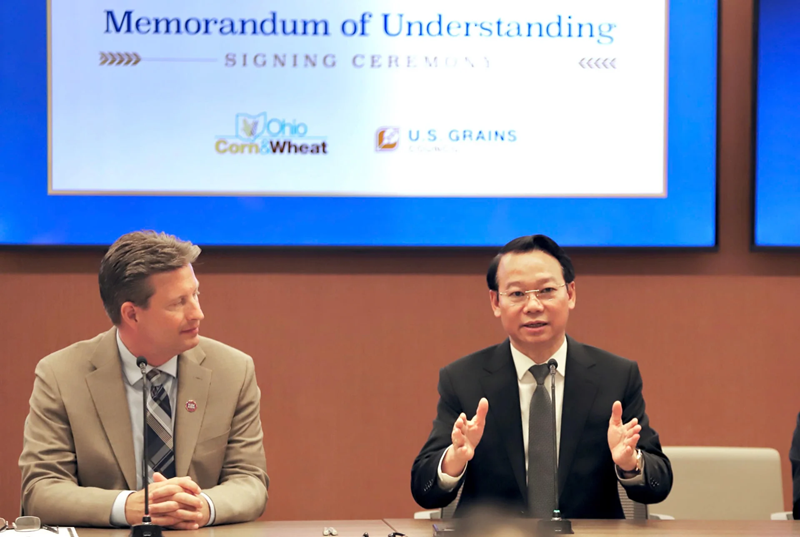
Vietnam and Ohio signed over USD 600 million in MoUs on agricultural trade, focusing on key U.S. exports like corn, soybeans, timber, beef, and dairy to support Vietnam’s sustainable and high-tech farming
Within the framework of the forum, the two sides signed numerous Memoranda of Understanding (MoUs) on agricultural trade cooperation, with a total value exceeding USD 600 million. These agreements focus on the import of strategic commodities from Ohio, including corn, soybeans, raw materials for animal feed, timber, beef, and dairy products—all of which are strengths of the U.S. and high-demand items in Vietnam’s strategy for sustainable, large-scale, and eco-friendly agricultural development.
These agreements are expected to play a vital role in ensuring a stable and high-quality supply of inputs for Vietnam’s livestock, wood processing, and high-tech agriculture sectors. At the same time, they contribute to reducing dependence on traditional markets and enhancing resilience to geopolitical risks, climate change, and global commodity price fluctuations.
Notably, beyond their immediate economic value, the deals hold strategic significance in rebalancing agricultural trade between the two countries—a trade relationship that has recorded stable 10% annual growth over the past decade. Vietnam’s proactive approach in boosting imports of key Ohio products is seen as a confidence-building measure, laying the groundwork for more favorable policy negotiations in the future.
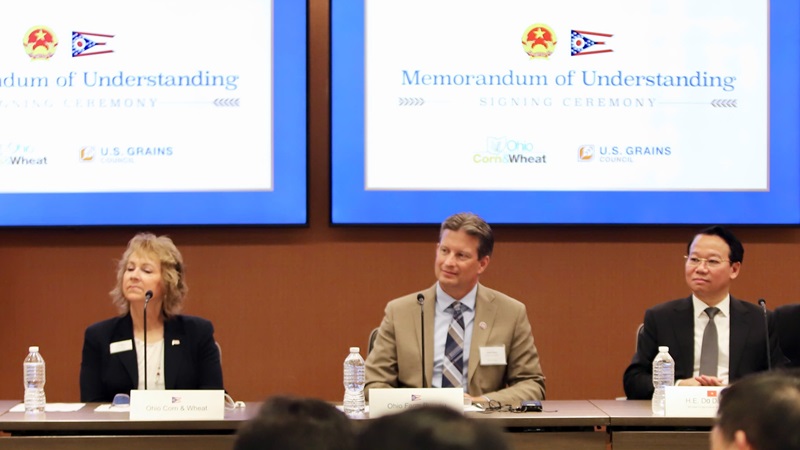
Vietnamese agribusinesses saw the forum as a key step toward stable U.S. supply access and expanding trade, investment, and research for high-value, low-emission agri-value chains
Speaking at the event, Ms Patty Mann, President of the Ohio Corn and Wheat Growers Association, described the agreements as “a big win for Ohio corn growers.” She emphasized that Vietnam remains a reliable and fast-growing export market—particularly important at a time when U.S. producers are facing rising production costs, falling crop prices, and a pressing need to expand beyond domestic markets.
Similarly, Mr Ryan LeGrand, President and CEO of the U.S. Grains Council (USGC), said the MoUs were the result of years of trust-building and strategic partnership development. “Vietnam is an increasingly important market, and these agreements reflect the strength of a growing and resilient bilateral relationship,” he noted.
On the Vietnamese side, participating agribusinesses expressed hope that this would serve as an important stepping stone toward stable access to high-quality raw materials from the U.S., supporting the transition to smart, circular, and low-emission agricultural models. The forum also provided an opportunity to broaden bilateral ties in trade, investment, and joint research, aimed at building competitive and high-value agri-value chains.
Beyond commercial exchange, the agreements reflect efforts to establish a two-way agricultural supply chain based on product complementarity and sustainable development. They represent a promising start to deeper cooperation between Vietnam and the United States in upcoming engagements in Washington, D.C., and other states.
Policy dialogue: Building understanding and removing trade barriers
Alongside trade outcomes, a key highlight of the delegation’s second day in Ohio was the policy dialogue between Minister Do Duc Duy and Director of Ohio Department of Agriculture, Brian Baldridge.
In the context of global trade uncertainties—particularly the potential imposition of U.S. retaliatory tariffs of up to 46% on Vietnamese agri-exports starting July 2025—the Vietnamese side proactively raised concerns and proposed a constructive approach. Minister Do Duc Duy warned that such tariffs would not only erode the competitiveness of businesses on both sides but also risk breaking supply chains that have taken over a decade to build.
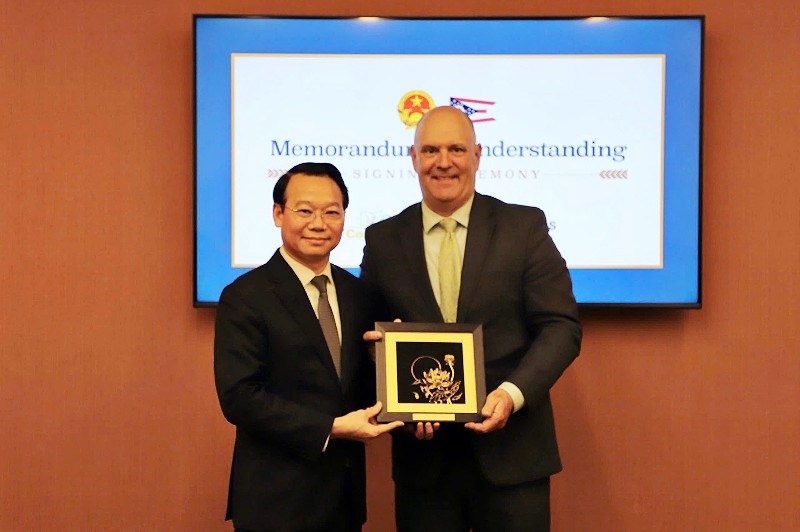
At the meeting, Minister Do Duc Duy and Ohio officials emphasized mutual benefits and pledged to foster a stable policy environment to expand two-way agricultural trade and rural job growth
Speaking at the meeting, Minister Do Duc Duy emphasized: “Avoiding retaliatory tariffs would not only benefit Vietnamese producers and farmers but also support jobs and livelihoods throughout the U.S. supply chain. When both sides focus on mutual benefits—especially for farmers and consumers—cooperation will be more sustainable and deliver long-term value.”
This perspective received strong support from Ohio officials. Director Brian Baldridge praised Vietnam’s candid and constructive engagement and affirmed Ohio’s readiness to partner with Vietnamese stakeholders to create a stable and favorable policy environment for two-way agricultural trade. “We are proud to work with our Vietnamese agricultural partners to open up new opportunities for Ohio’s farmers, agribusinesses, and rural communities,” said Baldridge.
Notably, the conversation between the two ministers underscored the complementary nature of the two agricultural systems. While Vietnam excels in tropical products such as coffee, cashew nuts, pepper, fruits, and seafood, Ohio provides essential temperate commodities like corn, soybeans, dairy, beef, and timber—items that Vietnam cannot produce at scale. This product complementarity opens the door to the development of a stable, quality-assured, and transparent bilateral agri-supply chain.
The two sides’ commitment to continued policy dialogue—eschewing extreme trade measures in favor of harmonized interests—is a strategic move. It not only responds flexibly to short-term trade risks but also demonstrates the maturity of the Comprehensive Strategic Partnership between Vietnam and the United States—a relationship grounded in shared interests, sustainable development, and global food security.
Earlier in the Ohio itinerary, Minister Do Duc Duy visited Ohio University—one of the oldest public universities in the U.S. with strong academic and research programs in agriculture and environmental sciences. The Minister expressed interest in enhancing cooperation on human resource training, scientific research, and technology transfer in sustainable agriculture, biotechnology, and environmental management.
This direction is seen as a strategic step to enhance Vietnam’s endogenous capacity in agriculture while enabling the application of advanced U.S. scientific achievements to domestic production.
Though only on its second working day, the Vietnamese delegation led by Minister Do Duc Duy has already achieved notable outcomes—particularly in building policy trust, facilitating business connections, and forging substantive cooperation commitments. These efforts not only address short-term trade challenges but also lay the foundation for inclusive, sustainable, and balanced Vietnam–U.S. agricultural relations.
Minister Do Duc Duy’s visit to the United States from June 1–7, 2025, marks a substantive milestone in deepening the Comprehensive Strategic Partnership between Vietnam and the U.S. in agriculture. As the two countries commemorate the 30th anniversary of diplomatic relations and work to strengthen bilateral ties, this mission carries not only diplomatic significance but also strategic potential to advance trade, technology, and sustainable development between two highly complementary agricultural economies.
Minh Thao


